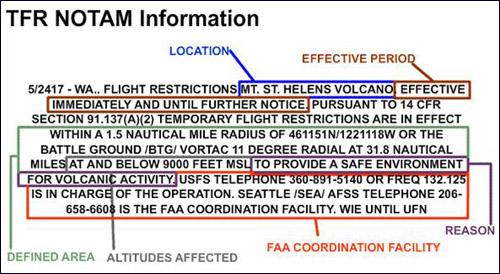Charter Flight Cost Estimator Tool
The following private jet charter flight estimator tool offers estimated instant private jet charter pricing for round trips, one ways, and multi-leg private flights. You can also choose the options at the bottom to view available empty legs and even add a customized empty leg monitor for a flight you are planning!
**Please Note: Additional availability may not show in your search results. Please submit your request and one of our professional charter flight professionals will give personal attention to your flight search to offer you the most accommodating and cost-effective options for your itinerary.
TFR (Temporary Flight Restriction)
A temporary flight restriction, most often referred to as a TFR, is a restriction originally created by the FAA in an effort to manage the airspace surrounding things such as fires, natural disasters and the like. Following the attacks of 9/11, TFRs were also adopted as a method for federal security agencies to use, as they deem necessary, in relation to the security of VIPs. Considering there are typically an average of 150 active TFRs at any given time, it appears that security is a big need by the federal security agencies. Perhaps it is important to also consider that we are in an election year and those securing high office are traveling quite a bit and TFRs are also implemented for their travel. Nonetheless, the variation of active TFRs during election and non-elections years is not considerably significant.

With most TFRs, commercial airline flights are rarely disturbed; TFRs primarily affect independents, business and general aviation. What can be the icing on the cake, in regards to inconvenience, is that these TFRs tend to occur quite a bit during peak travel days such as Memorial Day and Labor Day (when everyone and their brother is returning from a big weekend). It is not uncommon for a major TFR, during a peak travel weekend, to cost a charter company in the realm of $15,000 and up in lost revenue. This causes many professionals in the aviation community to question the cost versus the gain. How effective are TFRs against crazy people who might be inclined to wish (or cause) harm to a current or future politician? In truth, as an aviation professional, I don’t see the use of TFRs as a means of protecting politicians as much more than guys with big egos shutting down airspace so they can feel powerful; after all, how likely is it that terrorists give a hoot about checking the TFR database before committing a horrific act?
